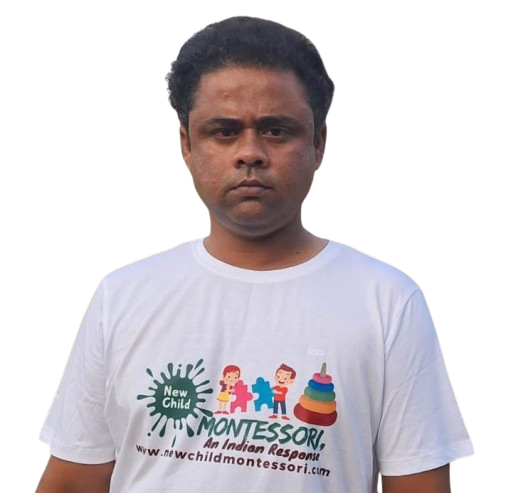The auditory sense in Montessori sensory education aims to train children to understand differences in sound quality.
As a young individual’s success depends on his/her ability to listen clearly, any sort of listening difficulty may cause learning problems.
Long story short, I have implemented Montessori auditory sense activities with my students several times. Then after becoming the father of two children, I applied these techniques at home to monitor my children’s listening ability.
Auditory Sense In Montessori:

Undeniably, some children cannot learn listening skills on their own and here Montessori auditory sense exercises come in handy.
Most importantly, the auditory sense exercises play an important role in refining every child’s listening ability preparing them for a better future.
As a child starts growing older, his/her hearing ability develops. Quite naturally, he/she learns to distinguish between different sounds.
Furthermore, he/she gains the ability to pinpoint the direction and source of the sound.
Auditory Sense Examples:-
Here are some examples of auditory senses –
Listening to music, hearing conversations, sound discrimination, listening to audiobooks or stories, rhythm games, hearing the sounds of nature.
Montessori Auditory Sense Activities:
As a Montessori teacher, I find the opportunity to train and test the auditory sense in my school during grace and courtesy lessons. Furthermore, I did this activity with my son and daughter at home in a different way.
I generally use sound boxes, listening games and Montessori bells exercises to train the auditory sense.
I have stated earlier that a pupil’s success depends on his/her ability to listen distinctly. If someone faces difficulty in listening clearly, he /she would stumble to learn anything properly.
There are large varieties of Montessori Listening Games to make aware child about their auditory senses. However, at school where children love to learn lessons in groups I prefer the following activity-
I generally take two wooden boxes, one with a yellow and the other with a red lid.
There are six small cylinders inside each box. Furthermore, the lids of these cylinders of are painted in two different colors to match the lid of their boxes.

Next, I put different amounts of pebbles so that they make different sounds when shaken.
I design these little cylinders in such a way that their sound matches with yellow and red boxes.
Age: 3.5 years onwards.
After preparing the cylinders I ask one of my students to come closer and then I shake the cylinder in my hand close to his or her ears. After that, I do the same with the other students. Finally, I tell them to match the identical-sounding cylinders of the other box.
After completing the task I grade the students based on their accuracy.
At home, I approached differently with this.
First of all, I prepared a tray of objects ( for example- a jug of water, a glass, some paper, a jar of beads, a tiny broom, a comb, and a few books )
Thereafter, I asked my daughter to come closer and turned around. Then, I started making sounds with the objects that I put on the tray earlier. Obviously, I did not mess up with all the objects but made sounds with them one by one.
After completing the task I found that my little one named some objects correctly but failed to identify the sounds of all the objects on the tray. I repeated the process for a couple of days and thus she made progress in this activity.
FAQ:
Is Auditory Sensory or Motor?
In Montessori education, auditory sense exercises belong to sensorial activities.
What Is Auditory Sense?
Auditory sense refers to a person’s ability to listen and understand sounds.

Sumanta De is an educator. He has been teaching students for more than 16 years following the principles of Dr.Maria Montessori. He has a 7-year-old son and a 5-year-old daughter.
He is nurturing his children abiding by the principles of Dr.Maria Montessori. His passion for Montessori methods goes beyond the classroom.
Hence, he shares his experiences and insights through a dedicated Montessori blog and a YouTube channel under the name “NewChild Montessori”. He aims to offer valuable guidance to both parents and educators.
Education: M.A. English, Masters in Child Psychology & Bachelor’s Degree in Montessori Teachers Training
